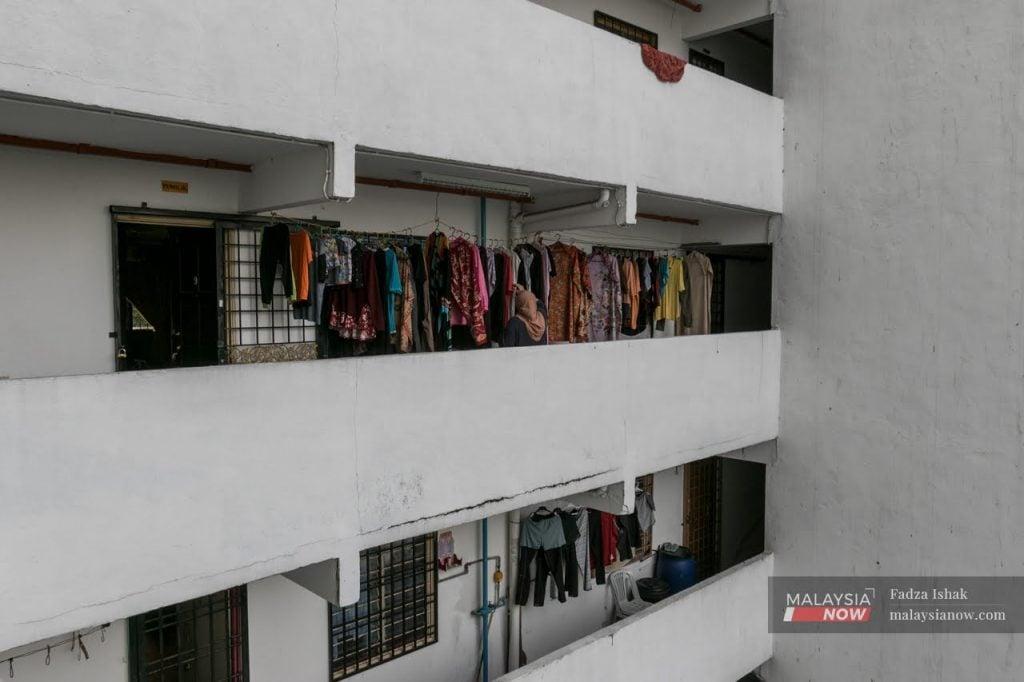Give govt aid to low-income groups during MCO 3.0, experts say
They say without intervention, vulnerable groups will be caught in a cycle of hardship.
The government has been urged to provide financial assistance similar to the initiatives introduced during the first round of movement control order (MCO) last March to help those from the low-income group during MCO 3.0, slated to continue until June 7.
Economist Muhammed Abdul Khalid of consulting firm DM Analytics said initiatives such as the loan moratorium and Bantuan Prihatin Nasional should be reintroduced to ensure that the vulnerable groups are not left even further behind.
Speaking at the media launch of Part Four of the “Families on the Edge” study commissioned by United Nations agencies, he said failure to do so would result in “great injustice”.
“If there is a time for the assistance, it should have been yesterday. They are vulnerable, they should be given this assistance,” he said.
The UN study involved 500 low-income families living in PPR flats in Kuala Lumpur. It was carried out over 10 months, from May 2020 to March this year.
Muhammed said without government aid, inequalities might deepen across the country, adding that the impact on education was the biggest concern.
During the presentation of the study findings, he said eight in 10 parents had reported that their children struggle to focus while six in 10 said their children had lost interest in studying.
“Education is the key to upward mobility. If that opportunity is no longer given to the low-income society, we will lose a big chunk of human capital.
“This is something we cannot afford. The intervention must be now,” he said.
Asked whether the country was capable of giving out such aid, he said the government had the money, and that it should be spent on those in the low-income bracket.
He maintained that providing assistance for the poor was good for the economy.
“We depend on people spending on private consumption. So this assistance also helps the country. There are a lot of multipliers that are good for society.”
The study also found that up to 70% of respondents said they need monthly cash assistance as a form of immediate assistance, while more than half (51%) said they prefer permanent monthly allowance for vulnerable groups such as children, the disabled and the elderly.
In terms of women’s well-being, the study found a general sense of an increase in domestic burden during the MCO due to more people staying at home for a prolonged period. The resultant stress and fatigue was said to have continued into MCO 2.0.
With MCO 3.0 around the corner, Dr Narimah Awin, technical adviser to the United Nations Population Fund, agreed that the aid should continue.
“In the long term, it is better to teach them to fish. However, in the Covid-19 crisis, among the residents of those flats, they need the fish and we have to give it to them.
“They are in dire condition,” she said, adding that women in this group are suffering from the triple jeopardies of being women, poor and old.
“In normal times, these women could be the Makcik Kiah who sell nasi lemak and kuih but now they have to look after their elderly mother or sick husband. These women who are old are doing unpaid care work. They contribute so much,” she said, referring to intergenerational families who live together in a single family unit.
Subscribe to our newsletter
To be updated with all the latest news and analyses daily.
